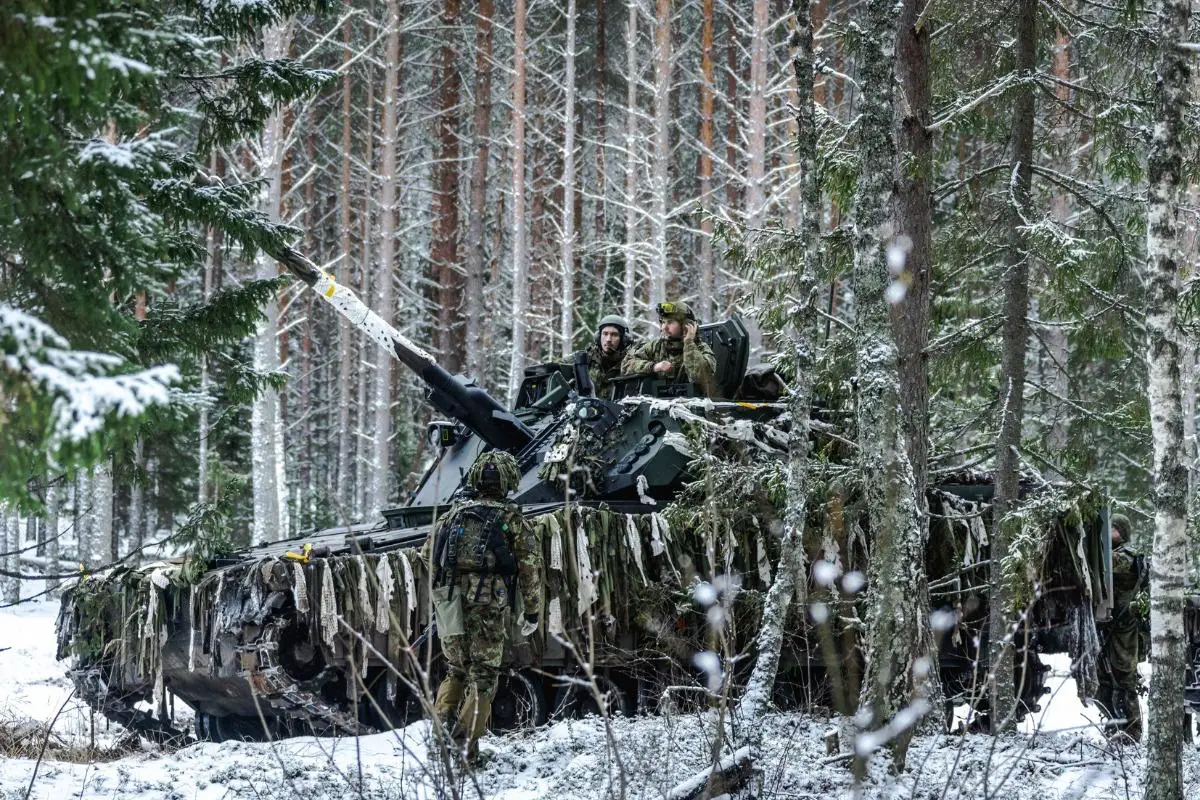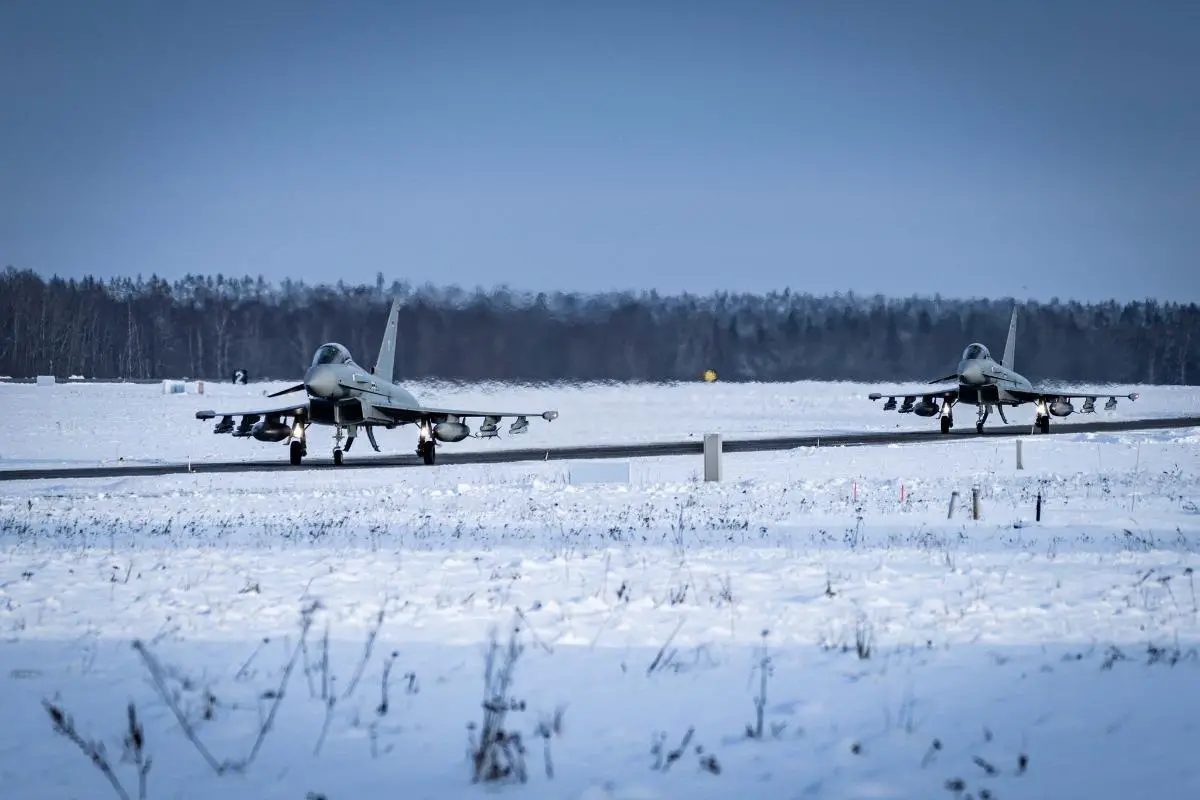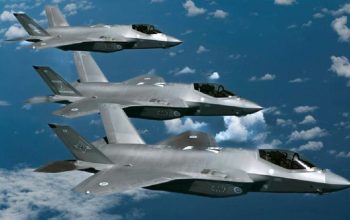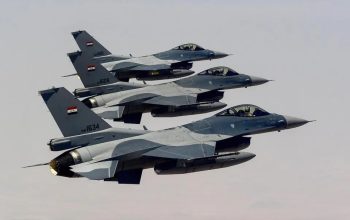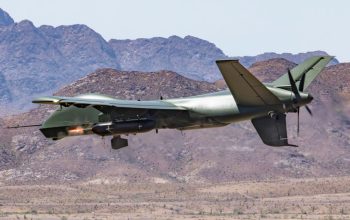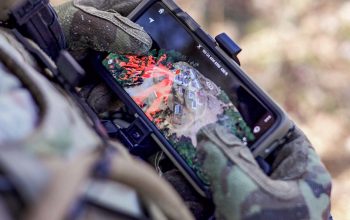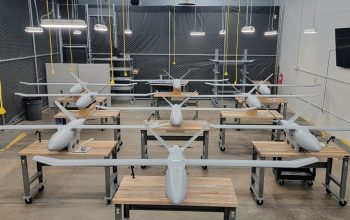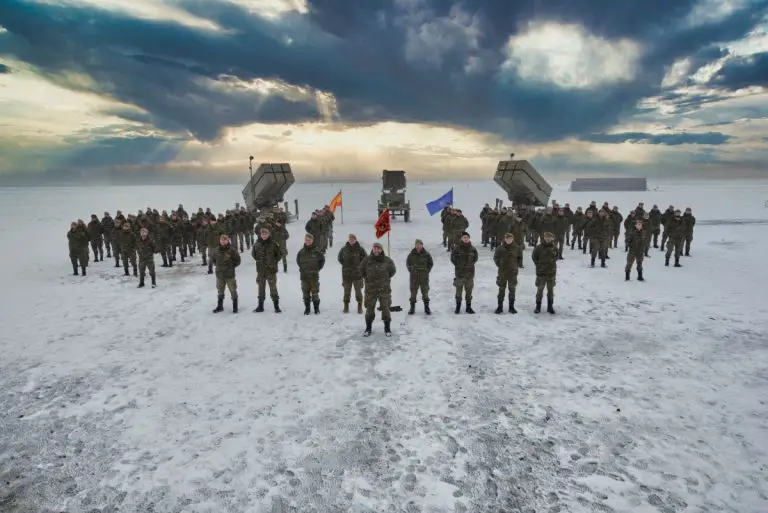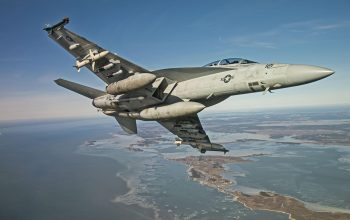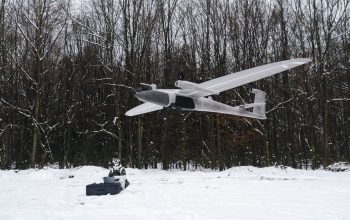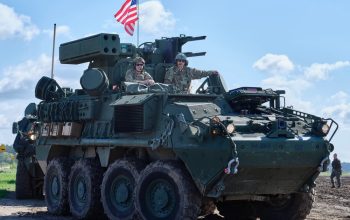Joint Terminal Attack Controllers (JTAC) from Allied nations deployed in the NATO enhanced forward presence battle groups in the Baltics, have been practicing Air-Land Integration during Exercise Winter Camp. Allied fighters stationed in the Baltics under the NATO Air Policing mission including French Rafales, German Eurofighters and Polish F-16s took part in the exercise. They supported the exercising ground units from the resident battle groups and their Estonian hosts by conducting live training serials. This provides valuable currency training for the aircrew and JTACs by using simulated attacks within training ranges.
Close Air Support missions build critical relationships between Soldiers and Airmen that ensure joint operations can be executed rapidly whenever and wherever needed. JTACs are an important link between the ground units and our pilots, training like this helps test NATO tactics techniques and procedures refining our skill sets for future joint missions,” said Major Guillaume Veuille, French Rafale detachment commander, Lituania.
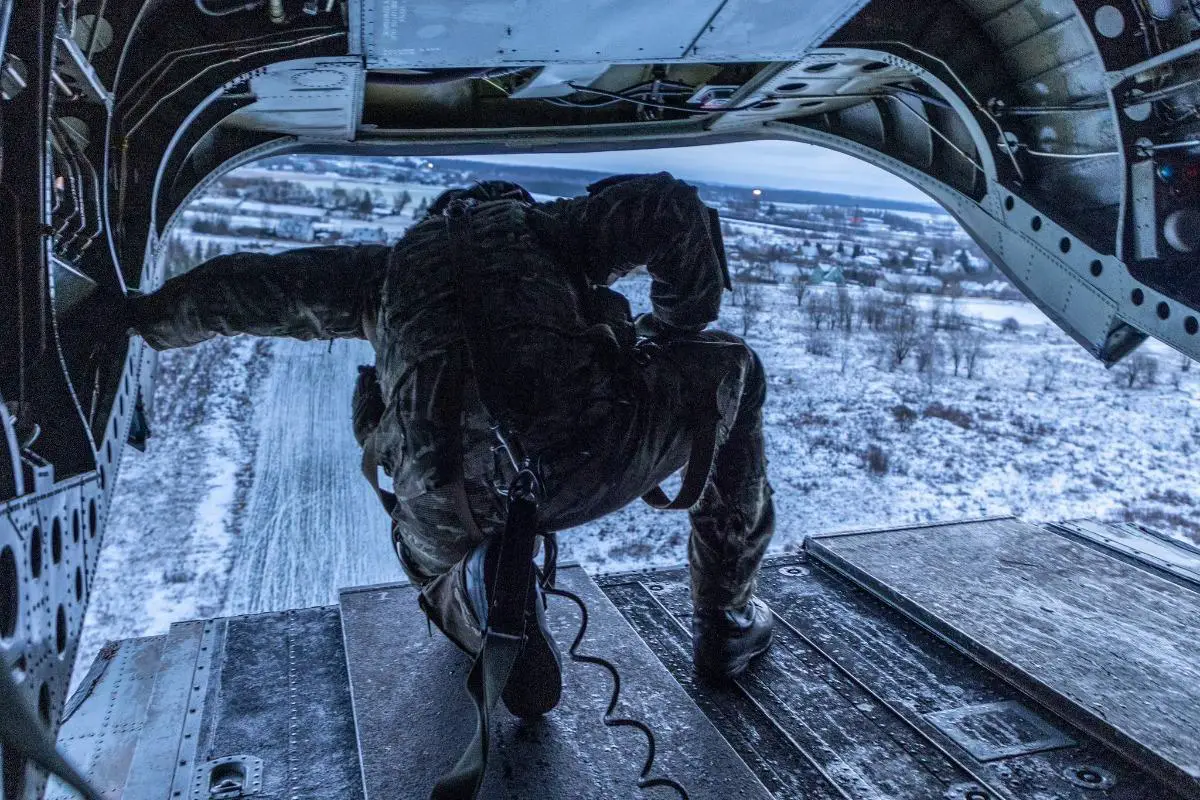
JTAC is the term used in the United States Armed Forces and some other military forces for a qualified service member who directs the action of military aircraft engaged in close air support and other offensive air operations from a forward position. The integration between naval, air, and land forces bolsters Alliance multi-domain operations to ensure that each domain can work seamlessly together. The term that is used in most other countries, as well as previously in the U.S. and in the relevant NATO standard, is Forward Air Controller. The term became effective in the U.S. on September 3, 2003 with the publishing of Joint Publication (JP) 3-09.3 Close Air Support.
NATO Air Policing is a peacetime mission that aims to preserve the security of Alliance airspace. It is a collective task and involves the continuous presence – 24 hours a day, 365 days a year – of fighter aircraft and crews, which are ready to react quickly to possible airspace violations. Established in 1961 during the Cold War, NATO Air Policing has been an integral part of NATO Integrated Air and Missile Defence (IAMD) for 60 years. On duty 24/7/365, NATO Air Policing is a constant in a rapidly changing security environment, giving NATO the capability to preserve the integrity of Alliance airspace in peacetime.
